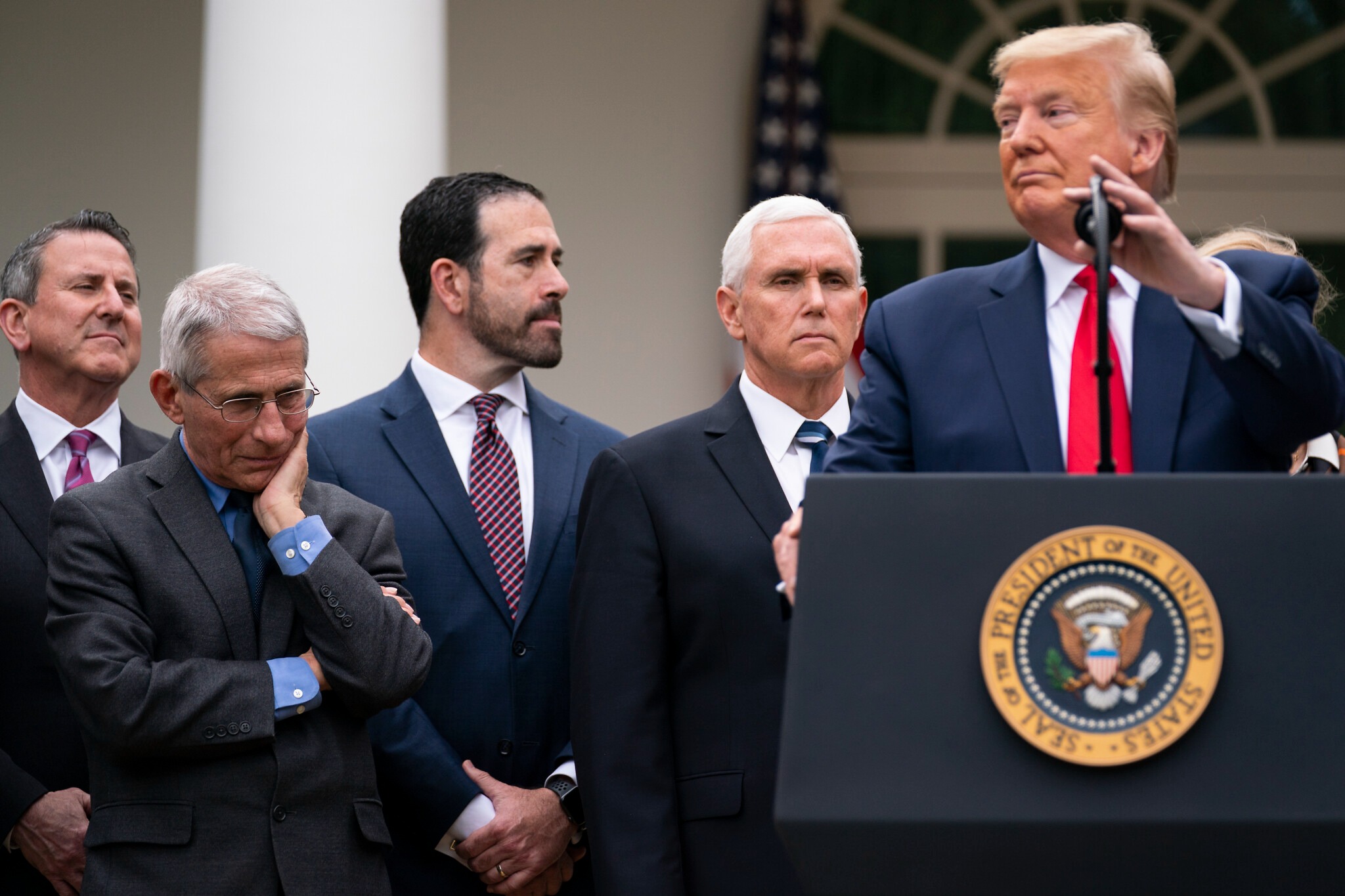Day by day, the likelihood of Donald Trump securing the Republican presidential candidacy appears increasingly plausible. Following convincing initial triumphs in Iowa and New Hampshire, the former President of the United States has solidified his grip on the party nomination. At the same time, his Republican rivals have dwindled in response.
Despite his prominent frontrunner status, Trump faces the specter of four criminal trials, which could complicate his bid for reelection. Allegations against him include mishandling classified government documents, falsifying business records to conceal a hush-money payment, and conspiring to overturn the 2020 election results in Georgia.
Donald Trump’s Criminal Trial (Credits: Washington Monthly)
Furthermore, a separate federal indictment accuses him of interfering in the 2020 vote, which ultimately resulted in his defeat to President Joe Biden. Trump maintains his innocence in all four cases.
However, while the U.S. Constitution permits Trump to pursue the presidency even if convicted, experts warn that a guilty verdict could disrupt his campaign and introduce unprecedented scenarios.
The prospect of a major party candidate polling competitively and facing criminal indictments is unparalleled. The potential of undergoing trial during the primary season is unprecedented. Moreover, if convicted, the ramifications would be unprecedented, notes Craig Green, a law and government professor at Temple University.
The looming question arises: Could Trump find himself campaigning from behind bars? Would a conviction compel him to withdraw from the race? And how might the criminal trials impact his electability? These uncertainties prompt a closer examination.
